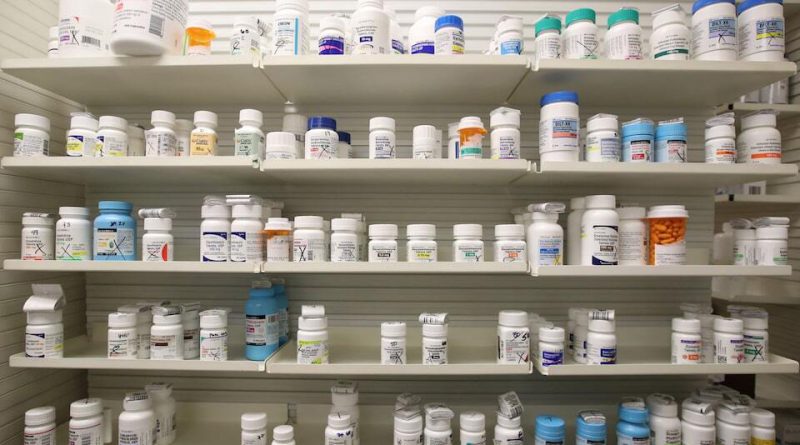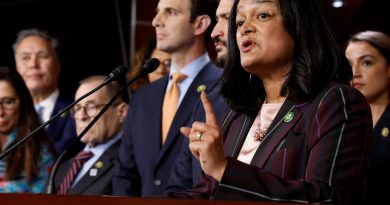US Government Launches Generous Model to Cut Medicaid Prescription Costs
The U.S. government’s newly launched “Generous Model” marks a pivotal step in reshaping Medicaid’s prescription drug pricing, aiming to make essential medications more affordable and equitable for millions of Americans.
The United States government has unveiled a groundbreaking initiative designed to significantly reduce prescription drug costs for Medicaid beneficiaries. The newly introduced “Generous Model” seeks to bring U.S. medication prices closer in line with those found in other advanced economies, reflecting a strong commitment to affordability, fairness, and healthcare access.
This forward-thinking program, set to begin in 2026, represents a collaborative effort between the Centers for Medicare and Medicaid Services (CMS), state governments, and pharmaceutical manufacturers.
Under this model, drug companies will offer additional rebates to ensure that U.S. prices match the lowest levels among eight benchmark countries, including the United Kingdom, France, Germany, Italy, Canada, Japan, Denmark, and Switzerland.
The Generous Model operates on a voluntary participation basis, allowing flexibility for both states and manufacturers. This inclusive framework promotes cooperation without imposing strict mandates, enabling states to adapt based on their healthcare priorities.
Participating states will follow standardized coverage rules negotiated by CMS to maintain fairness and transparency in pricing.
A key feature of this new approach is its focus on stability and predictability. States joining the program will agree not to pursue additional discounts beyond those offered through the Generous Model, creating a consistent pricing environment beneficial for patients, governments, and pharmaceutical companies alike.
Medicaid, a vital public insurance program, provides healthcare coverage for millions of low-income Americans, including children, seniors, pregnant women, and people with disabilities.
The introduction of this initiative comes as Medicaid spending on prescription drugs continues to rise, surpassing $100 billion in 2024. Even after accounting for rebates, the program’s net pharmaceutical expenditure stood at $60 billion, highlighting the urgency of reform.
The Generous Model aims to deliver tangible financial relief by lowering overall medication expenses and encouraging equitable access to necessary treatments.
States can begin applying in December 2025, and drug manufacturers have until March 31, 2026, to join the program. There is no minimum participation requirement, ensuring the program’s flexibility and long-term viability.
Designed to run through 2030, the Generous Model offers renewable annual agreements and allows CMS to update its structure in response to evolving healthcare needs.
This adaptability ensures the program remains effective, sustainable, and aligned with national healthcare objectives.
By focusing on transparency, collaboration, and international pricing benchmarks, the U.S. government’s initiative reinforces its dedication to improving healthcare affordability and quality for millions of citizens.
This positive development stands as a key milestone in making essential medications accessible to all, reducing financial strain on both states and families.



